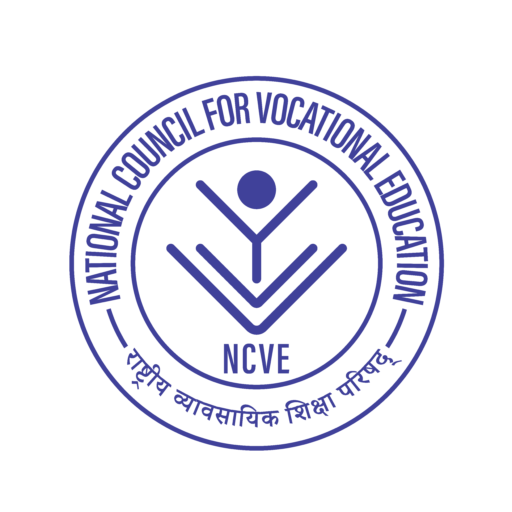Introduction
Vocational education plays a crucial role in shaping the future of individuals and societies. In India, the National Council for Vocational Education (NCVE) has been instrumental in bridging the gap between theory and practice. This article aims to explore the impact of NCVE on vocational education in India and how it has transformed the landscape of skill development.
Enhancing Curriculum Relevance
One of the key contributions of NCVE is its focus on enhancing the relevance of vocational education curriculum. By closely collaborating with industry experts and employers, NCVE ensures that the skills taught in vocational courses align with the demands of the job market. This approach has resulted in a more practical and industry-oriented curriculum, equipping students with the skills required to succeed in their chosen fields.
Strengthening Industry Partnerships
NCVE has played a pivotal role in strengthening partnerships between vocational institutes and industries. Through various initiatives, such as apprenticeship programs and industry visits, students get the opportunity to gain hands-on experience and interact with professionals in their respective fields. These partnerships not only provide valuable exposure to real-world scenarios but also open doors for potential employment opportunities.
Improving Quality of Training
NCVE has implemented stringent quality control measures to ensure that vocational training institutes meet the required standards. By setting guidelines for infrastructure, faculty qualifications, and teaching methodologies, NCVE has raised the bar for vocational education in India. This focus on quality has led to improved training outcomes, with students being better prepared for the challenges of the job market.
Expanding Access to Vocational Education
In addition to improving the quality of vocational education, NCVE has also made significant efforts to expand access to such education across the country. By partnering with state governments and non-governmental organizations, NCVE has established vocational training centers in remote areas, ensuring that students from all backgrounds have the opportunity to acquire valuable skills. This inclusivity is crucial in addressing the socio-economic disparities that exist in India.
Empowering Women and Disadvantaged Groups
NCVE recognizes the importance of empowering women and disadvantaged groups through vocational education. Special programs and initiatives have been introduced to encourage their participation and provide them with equal opportunities. By breaking down barriers and promoting gender equality, NCVE is playing a vital role in creating a more inclusive and diverse workforce.
Addressing Skill Gaps
One of the major challenges faced by the Indian job market is the existence of skill gaps. NCVE has taken a proactive approach to address this issue by conducting regular skill gap assessments and aligning vocational courses accordingly. By identifying the areas where skills are in high demand, NCVE ensures that students are equipped with the right set of skills to meet industry needs. This not only benefits the students but also contributes to the overall economic growth of the country.
Conclusion
The National Council for Vocational Education has had a significant impact on vocational education in India. From enhancing curriculum relevance to strengthening industry partnerships, NCVE has transformed the way vocational education is perceived and delivered. By focusing on quality, expanding access, and addressing skill gaps, NCVE is playing a crucial role in equipping individuals with the skills they need to succeed in the ever-evolving job market. As India continues to strive for economic growth and development, the role of NCVE in shaping the future of vocational education remains invaluable.
